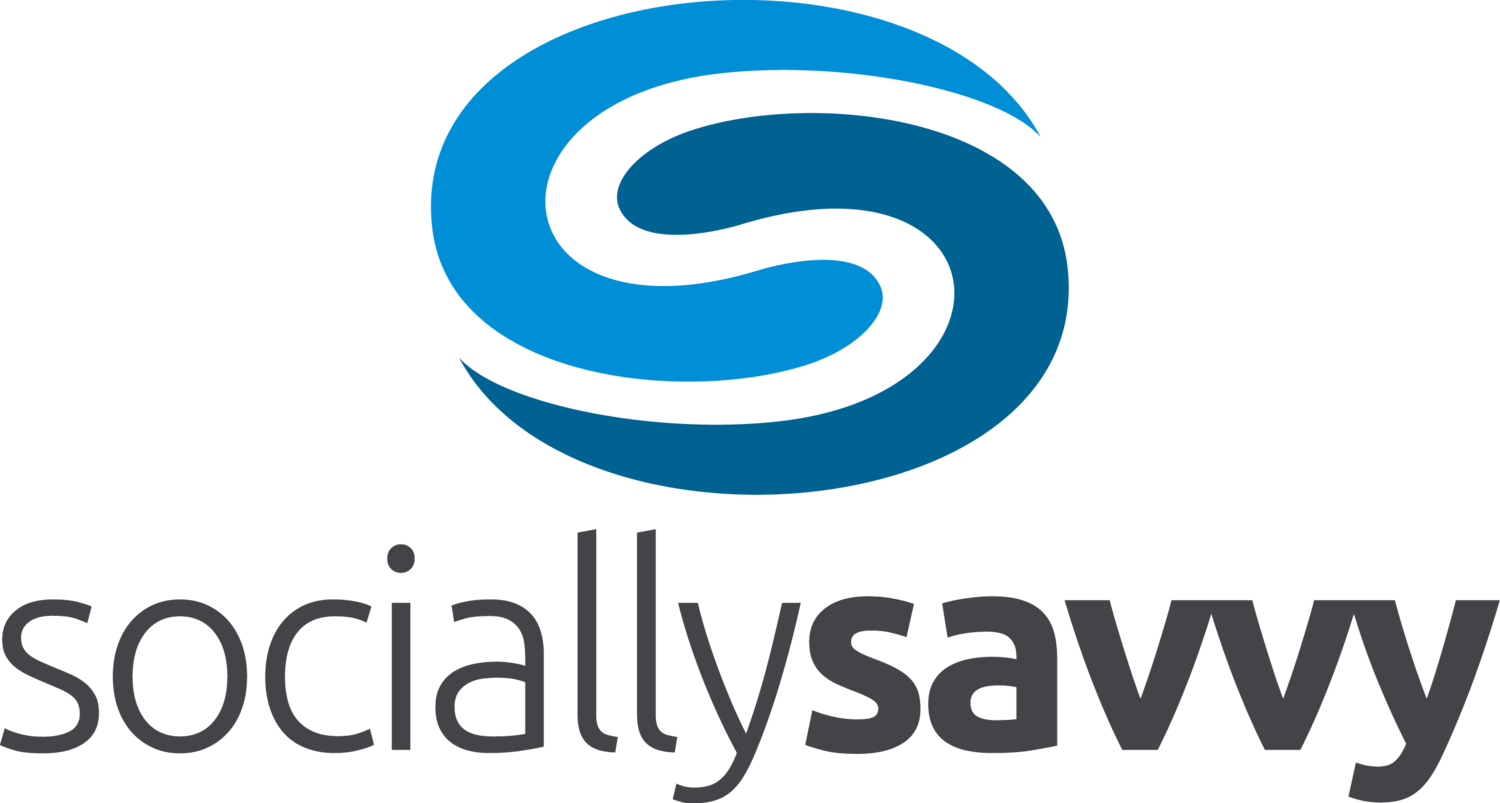In the simplest of terms, the human resources department is responsible for managing the employee lifecycle and relationships within an organization. And whether they are hiring new talent or notifying employees of a snow day, the use of social media has the potential to revolutionize the way human resources professionals perform their daily functions.
Using social media for recruiting gives HR a competitive advantage over their competitors who don’t. Beyond listing jobs on the major employment websites, posting opportunities to the company’s LinkedIn and Facebook pages, Tweeting the opportunity, and encouraging employees to share the information via their own networks should be standard practice. Researching the people who consistently share company posts on LinkedIn is a cost effective way to source potential future candidates and a quick review of their LinkedIn profiles provides information on the potential candidate's qualifications.
Social media also gives the human resources professional more control over employer branding. Managing people’s perception of an organization can be challenging. Having the ability to provide more extensive details about an organization allows the HR professional to differentiate their organization as an employer by giving candidates a feel for the company as a whole. Posting information regarding company history, the vision for the future, and images and videos depicting the culture and personnel on the company website, LinkedIn & Facebook pages represent examples of positive branding opportunities when done correctly.
Most workplace communications can be handled more effectively with the use of social as well. Collaboration between employees working on a joint project; Sharing ideas and receiving feedback and suggestions from employees; Tweeting office closures due to inclement weather; Promoting a company event; Or even providing employee recognition; all of these will make the days of email overload and phone chains a thing of the past.
And although some socially savvy human resource leaders are embracing social media to make their own jobs easier and more efficient, most have yet to provide or even consider a social business training program for their employees.
Get started with a pilot program for a specific department or group and ensure there is an executive owner who is empowered and engaged. In most organizations, HR and sales personnel are the most vocal about things that work (and things that do not work) and can be the catalyst to galvanize the entire organization forward. Creating a positive esprit de corps can be accomplished by having these teams at the forefront of social engagement, trumpeting its virtues and benefits and being candid about challenges encountered along the way.
Statistics
66% of CEOs say that the absence of necessary skills is their biggest talent challenge. (PwC)
75% of leaders in human resources and talent management believe their companies are behind the curve regarding both internal and external social networking technology. (State of Social Technology and Talent Management)
69% of job seekers would not take a job with a company that had a bad reputation, even if they were unemployed. (glassdoor)
45% of job seekers use their mobile devices specifically to search for jobs at least once a day.
47% of Millennials say a prospective employer’s online reputation matters as much as the job it offers. (Spherion Staffing)
40% of employees who receive poor job training leave their positions within the first year. (go2hr)
Insights
As a human resources professional, social media has the potential to transform the way in which you do your job. Start with a pilot group, but develop the plan for your enterprise corporate social business training program, at scale, to enable your employees to reap the benefits of social as well.




